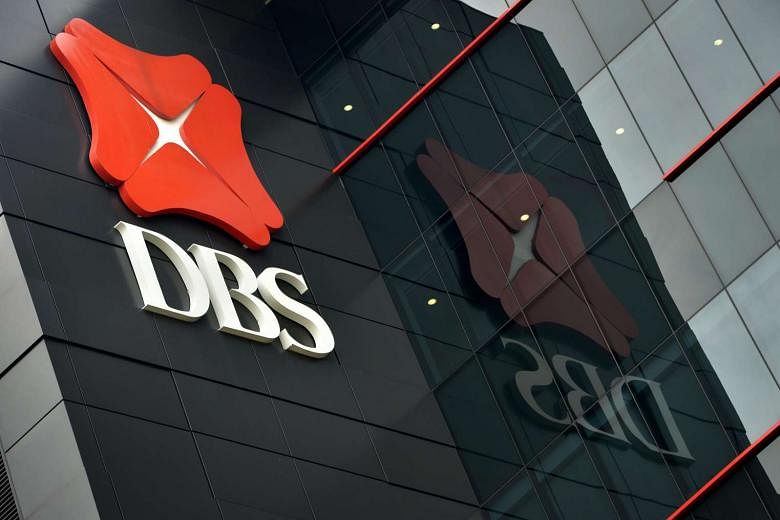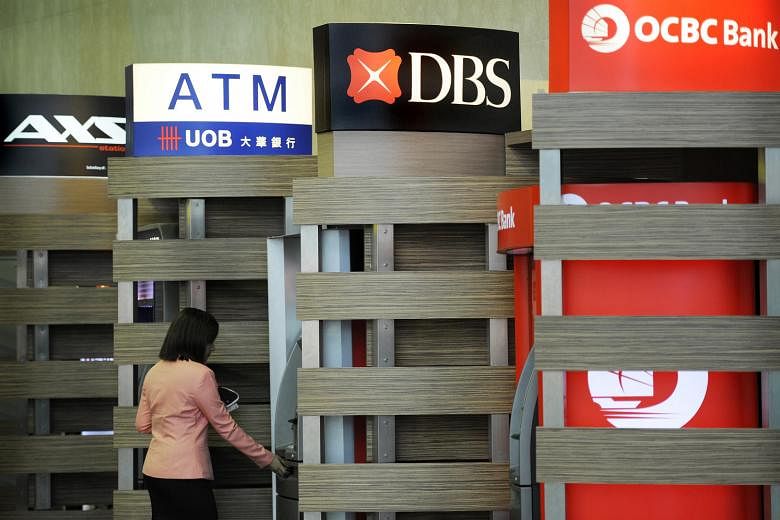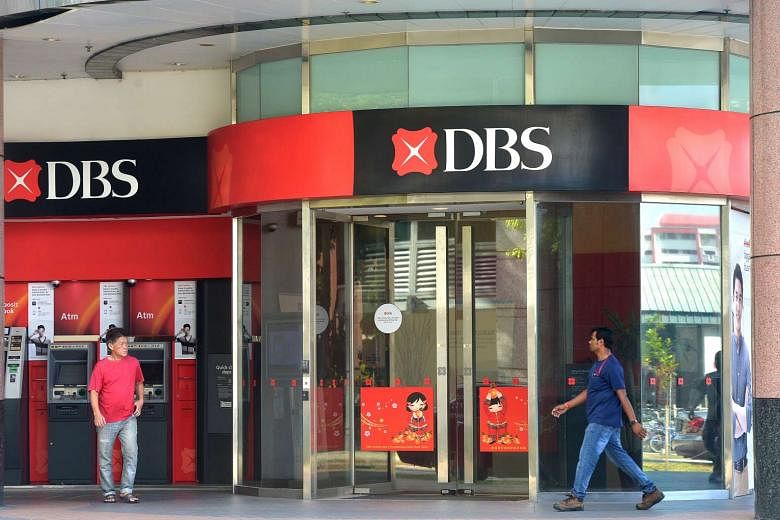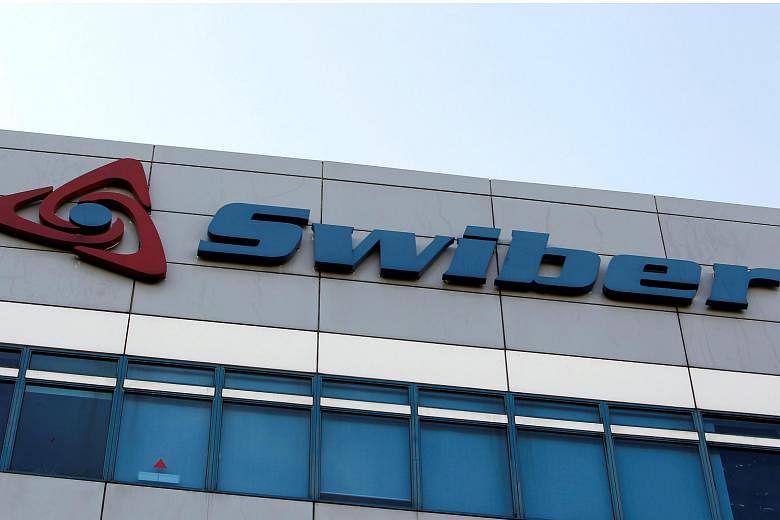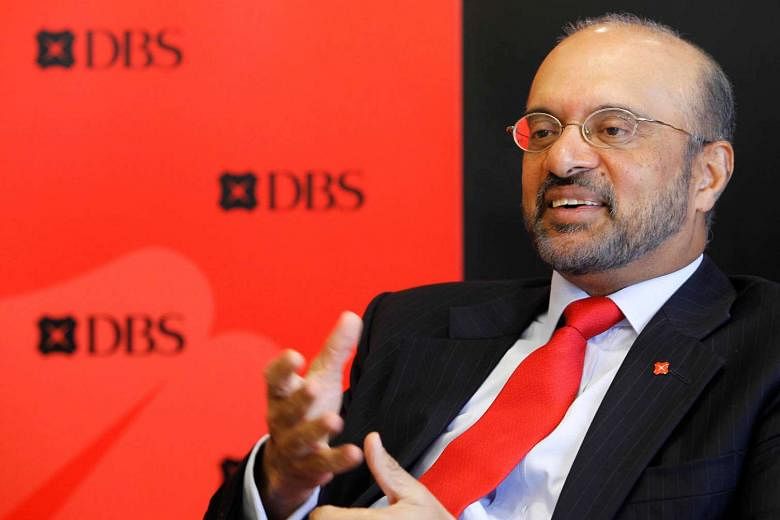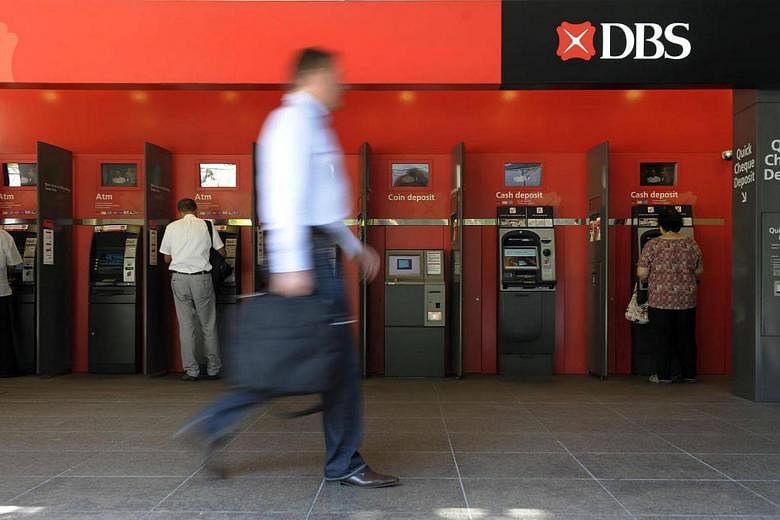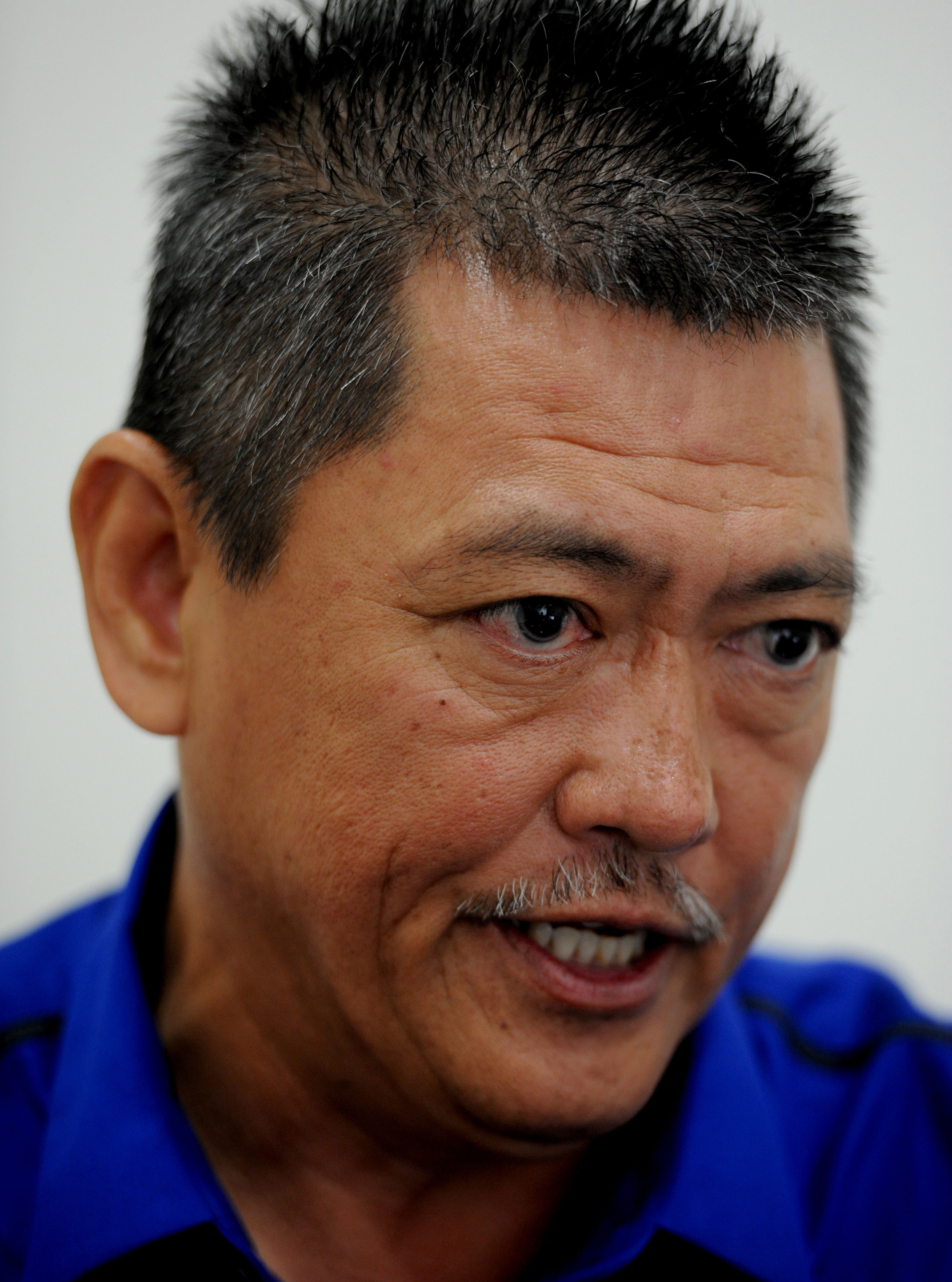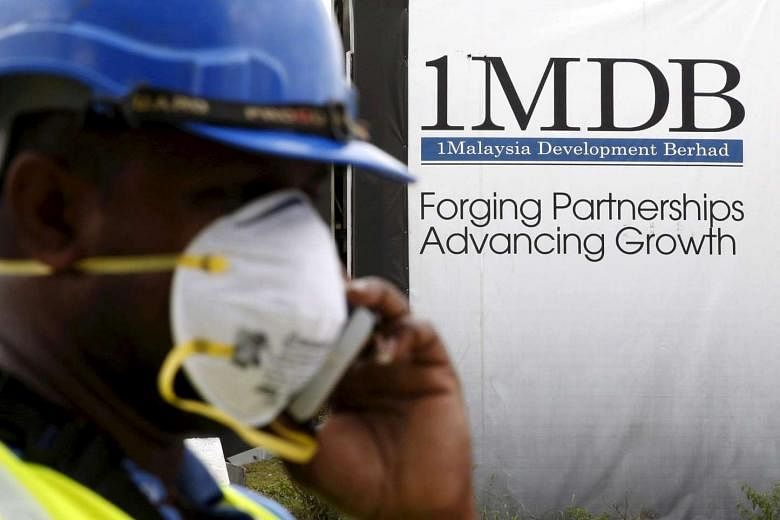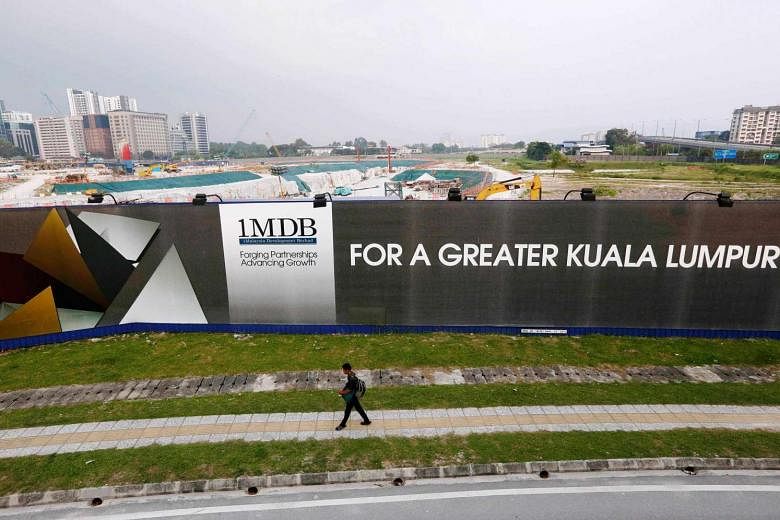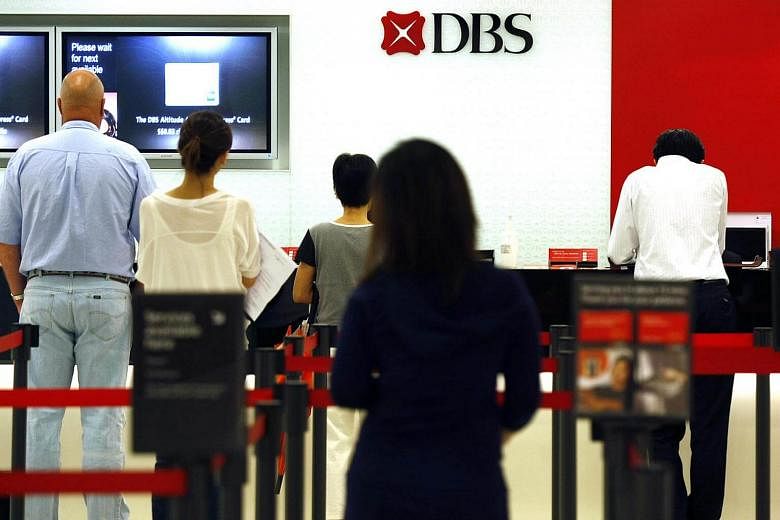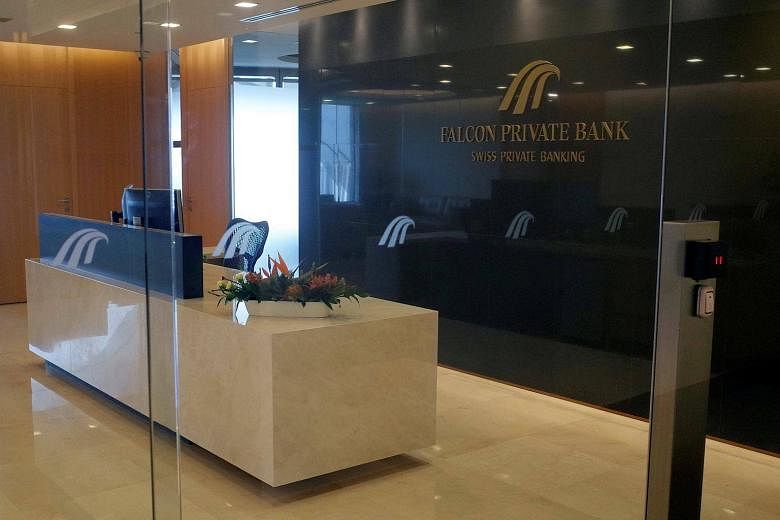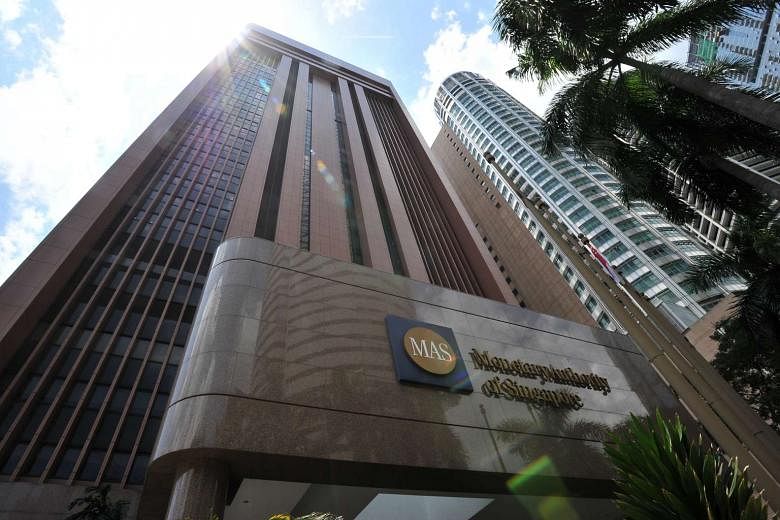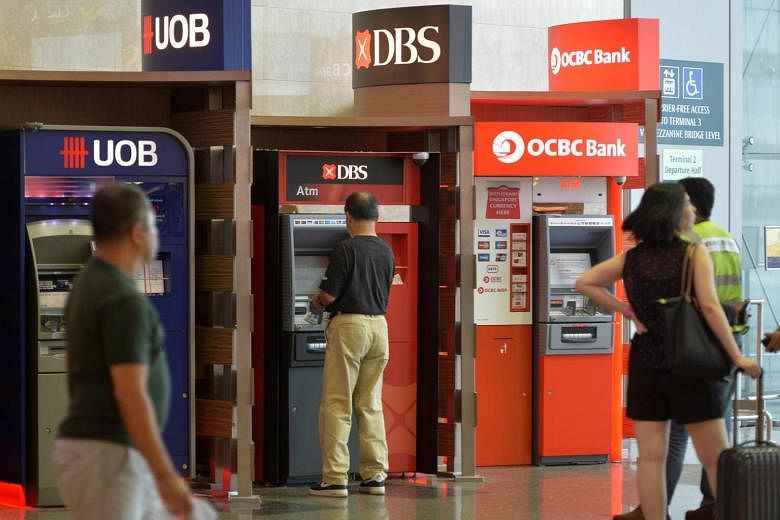Timeline: How London talks, US$146m from DBS could not keep Swiber afloat
A Swiber logo is pictured at their office in Singapore on July 10, 2013. PHOTO: REUTERS
AUG 4, 2016
SINGAPORE (BLOOMBERG) - A proposed investment that never happened, talks in London and Singapore, and a last-minute overdraft facility from DBS Group Holdings all failed to prevent Swiber Holdings from filing for liquidation, according to court documents seen by Bloomberg News.
The saga, which began when executives of the Singapore-based company pushed to complete a US$200 million deal with London-based private-equity firm AMTC Ltd, gave the outside world little hint about what was brewing, the documents show. Swiber even repaid two bonds totaling S$205 million during that period.
On Aug 2, it retracted its surprise winding up plan and instead sought court approval to appoint judicial managers to help reorganize its business.
Swiber's journey from a supplier to the offshore oil and gas industry to distress highlights the uncertain fate of investors in S$460 million of bonds and 450 million yuan ($68 million) of notes that the company has yet to honor. The Swiber incident is also putting on notice companies in the same industry, said Bernard Aw, market strategist at IG Asia Pte. Oil-related firms face S$1.4 billion of local-currency securities maturing through 2018, with S$325 million due by year-end, according to Bloomberg-compiled data.
Swiber's troubles deepened as negotiations with AMTC dragged on. Swiber broached the idea of a bridge loan with the London firm. AMTC offered a six-month bridge loan of £100 million pounds at an interest rate of 6 per cent, the investment firm's Chief executive officer Smith O'Connor said by phone on Aug 2. Swiber rejected the alternative offer as too expensive, he said. AMTC turned cold about investing in Swiber on advice from its consultants, he said.
Swiber chairman Raymond Kim Goh didn't return calls to his office. DBS said on Tuesday it provided a bridge loan to Swiber on "the expected equity injection" from a new investor that it didn't identify.
Swiber officials kept pursuing a deal with AMTC even after deadlines agreed with the firm came and went. It turned to DBS, the company's biggest lender, for more cash as two bonds came due, according to the documents, filed with the Singapore High Court. Loans from DBS to repay bondholders helped prolong the survival.
The company even assigned its receivables, vessel mortgages and a stake in Sigapore-listed Vallianz Holdings, as well as the potential cash infusion from AMTC, as collateral. Senior management at Swiber also pledged their shares in the company as security for one of the loans, according to the documents.
Tired of waiting for the AMTC cash that never came, Swiber's board met on July 20 and gave itself an ultimatum: If the private-equity firm's investment wasn't in by July 26, the company would file for liquidation, according to the court documents.
As demands from creditors and trade suppliers piled up - and with less than US$8 million of cash in hand and no working capital - Swiber filed for voluntary liquidation on the evening of July 27. On Aug 2, it withdrew its liquidation plan and won interim court approval for a supervised rescue.
The following is a chronology of events according to court papers and exchange filings, beginning in late May when officials from Swiber were pushing for a deal with AMTC.
May 25: Key Swiber executives meet with AMTC to finalize an investment deal first initiated in February. They propose that AMTC doubles its planned investment to US$200 million by subscribing to redeemable perpetual preference shares in a unit.
May 27: AMTC enters into a memorandum of understanding to invest in Swiber and confirms it has funds for the proposed deal, with the first tranche due on May 31, and the second 30 days later.
May 30: Swiber executives meet with DBS to seek a bridge loan to redeem a bond due on June 6 while waiting for the AMTC investment to come through on May 31. A day later, DBS agrees to review the loan request.
June 2: AMTC writes to Swiber to ask for more time to pay the first US$100 million. On the same day, DBS offers Swiber an US$85 million one-month loan to redeem S$130 million of bonds.
June 9: Swiber's unit signs a subscription agreement with AMTC, with completion due on June 16. At the same time, AMTC asks for longer to undertake due diligence, to which Swiber agrees.
June 22: Swiber engages Cameron Duncan from restructuring firm KordaMentha Pte to assess its financial status and cash- flow position amid concern that the AMTC cash infusion will be delayed because of the extended due diligence.
June 25: AMTC completes its due diligence and undertakes to remit US$200 million by June 28.
June 27: AMTC requests more time to complete the remittance; Swiber declines to extend the deadline.
June 28: Sensing that the AMTC investment is not forthcoming, Swiber executives meet with DBS to seek another loan to repay S$75 million of bonds maturing on July 6.
July 2: Swiber sends letter of demand to AMTC.
July 4: Swiber chairman Goh meets with DBS senior management to inform the bank of its inability to redeem the S$75 million of bonds.
July 5: Goh and other executives meet with DBS officials and are offered a US$61 million overdraft facility; the bank lays out conditions including requiring Swiber to appoint a special accountant from KPMG.
July 14: Swiber executives meet AMTC in London again, this time to discuss a £100 million bridge loan while waiting for its subscription to preference shares, without success.
July 20: Swiber holds a board meeting and decides on liquidation if the AMTC money doesn't arrive by July 26.
July 26: Letters of demand from various creditors, trade suppliers and sub-contractors amount to US$25.9 million.
July 28: 1:04 am, Swiber announces liquidation application to the Singapore Exchange, which says it will conduct a "thorough investigation into the developments."
July 29: Swiber's lawyers from BlackOak apply for judicial management for a court-supervised rescue plan and dropthe liquidation plan after talks with lenders.
Aug 2: Swiber defaults on bond coupon payment; gets court approval to appoint officials from KPMG as interim judicial managers.
